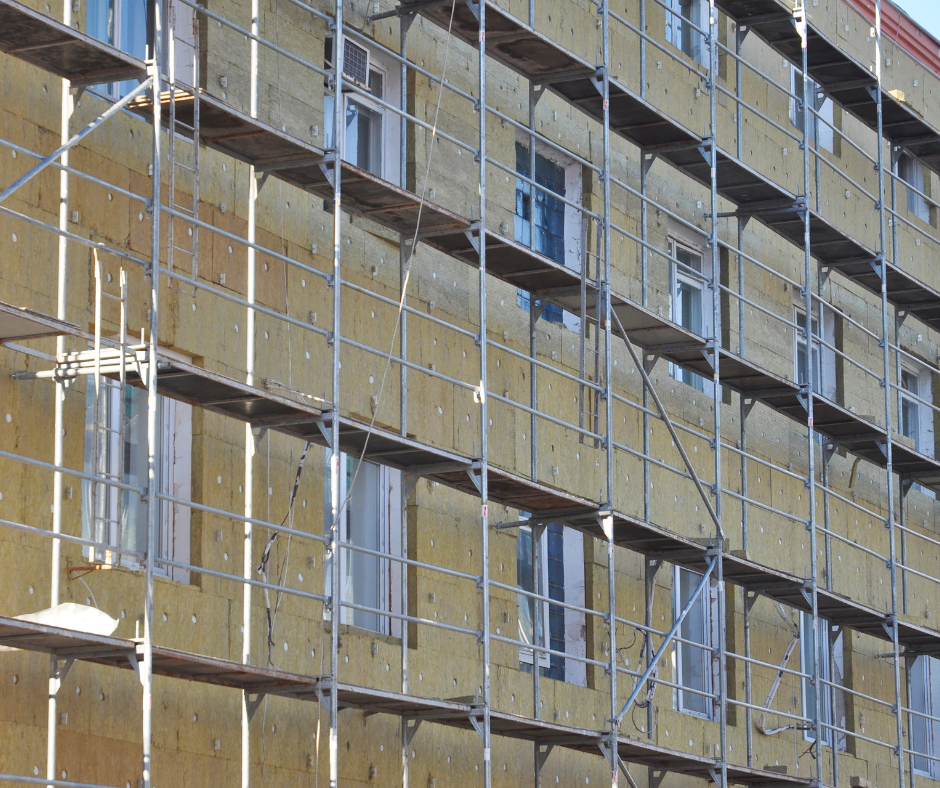What is a Legionella Risk Assessment?
Legionella bacteria can cause Legionnaires’ disease, a potentially fatal form of pneumonia. In 2016, the London landlord was fined £200,000 for failing to carry out a risk assessment on the legionella bacteria at his property.
This section will cover the basics of Legionella risk assessment and how it is carried out by landlords.
—
Legionella is a bacteria that thrives in warm water and can cause serious illness. Legionella risk assessment is used to identify the presence of this bacteria in water systems and prevent it from spreading.
Legionella risk assessments are carried out by health inspectors and they are often required by landlords before they rent out their properties.
How often should Legionella Risk Assessment be carried out?
It depends on your current system and the results of your risk assessment. For open systems, such as cooling towers, evaporative condensers, and spa pools, at least quarterly testing is required. However, there may be situations in which more regular sampling is necessary.
Every two years, the hot and cold water system should be evaluated for legionella threats at a minimum. It should also be repeated if there is cause to believe that the organization’s responsibilities are not being met or if the control mechanisms are insufficient.
How can I prevent Legionnaires disease in my rental Property and be compliant with the law?
As a landlord of a property, you are responsible for health and safety and must take the necessary actions to minimise the risks of legionella prior to your tenant moving in. You need to know how to:
- Identify and evaluate risk factors
- manage any risks and carry out a Risk Assessment where required
- prevent or manage any dangers
- Keep and maintain accurate records and perform any other necessary tasks.
What Regulations apply to Legionella Risk Assessment?
Employers and landlords, defined as anyone who rents out a residence or a portion of a home, are subject to legal requirements.
Section 3(2) of the Health and Safety at Work Act of 1974 outlines landlord responsibilities for tenant safety. The act includes landlords in its definition of ‘self-employed’ individuals.
Employers, individuals in control of the premises, and those with health and safety duties for others are classified as duty bearers.
The Control of Compounds Hazardous to Health Regulations of 2002 (COSHH) mandates the control of the danger posed by a variety of hazardous substances, including biological agents (of which Legionella is one).
The pertinent instructions are included in the L8 Approved Code of Practice (ACOP) of 2001, which was amended and reissued in November 2013. This is also known as “The control of Legionella bacteria in water systems: Approved Code of Practice”
Whats is Legionnaires’ disease?
Inhaling tiny droplets of water infected with Legionella results in Legionnaires’ disease, a potentially lethal form of pneumonia. Legionella can grow in almost all hot and cold water systems that were created by humans. When conditions are favourable (i.e., a range of temperatures that are suitable for growth; the production and dispersion of water droplets (aerosols); the storage and/or recirculation of water; and the presence of ‘food’ for the organism to grow, such as rust, sludge, scale, biofilm, etc.), the bacteria may multiply, increasing the risk of exposure. Because the organism will infiltrate both large and small systems, it is essential to appropriately control risks in both.
Who has a responsibility to carry out Legionella Risk Assessments?
The law is quite clear: If you are a landlord and rent out your property (or even a room inside your own house), you have a responsibility to maintain the property in a safe and hazard-free manner in order to protect the health and safety of your tenant. A landlord is anybody who rents out a property they own for a period of less than seven years through a lease or a licence. Landlord duties apply to a range of accommodation used under a lease or a licence, including but not limited to residential premises. These include
Private Landlords
Housing Associations
Local Authorities
Hostels
Housing Co-Ops
When should a Legionella Risk Assessment be undertaken?
If you are a property manager or a landlord, it is critical that you understand the Legionella health concerns and undertake a Legionella risk assessment.
The old “industry norm” was to recommend a Legionella risk assessment at least every two years. The Approved Code of Practice L8 (ACoP L8), on the other hand, recommends that provisions be made to evaluate the assessment “when there is reason to assume it is no longer valid,” so that the assessment is always up to date.
This is especially important when building occupants are classified as high-risk (for example young children and the elderly), as an assessmentmay need to be performed more frequently.
It is imperative to conduct an assessment anytime there is a change:
- Change of usage of the building that houses the specific water system
- A change in the water supply system
- Occupancy to the building after period of being unoccupied
- A revision to applicable legislation
- When a case of Legionnaires’ illness has been reported
Who should be conducting a Legionella risk assessment?
There is no legal requirement that Legionella risk assessments be performed by an accredited individual. Most landlords can conduct their own risk assessments without the need for professional training or accreditation. A risk assessment can, however, be performed on behalf of any landlords who do not feel competent or do not have the time to do so.
Although landlords are not required to keep a record of the Legionella assessment, it is recommended.
Still unsure whether you need one or this affects your property and your tenants? Complete our Service discover call below to receive free unbiased advice on this topic


